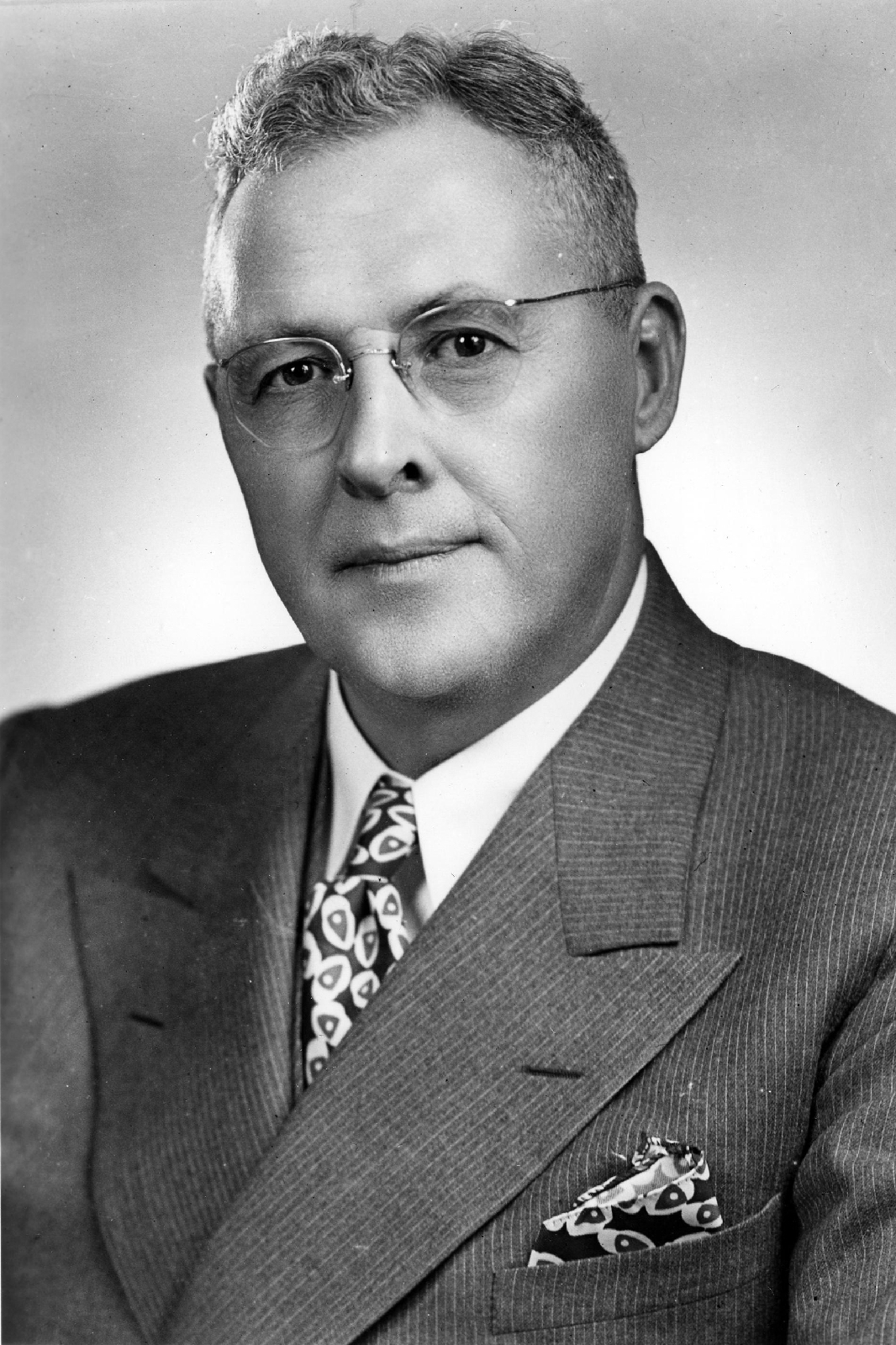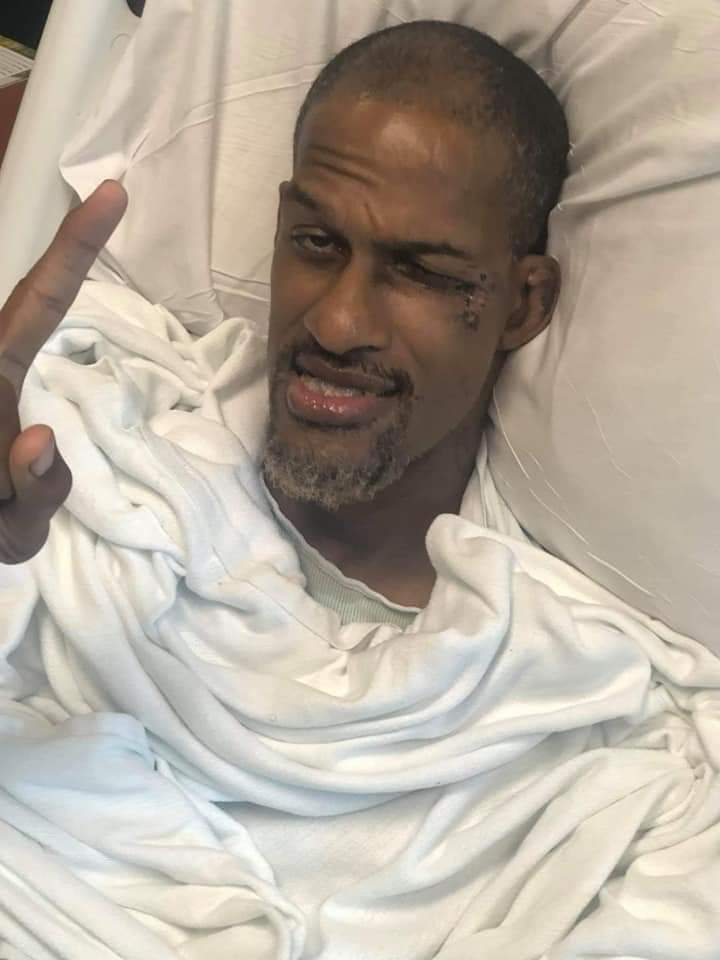Five Bullets: (A True Story of Survival and Strength) Chapter 1: The Night Everything Changed

It was May 29, 2020. A Friday—Jumu'ah, the sacred day of the week in Islam. For me, it was a day of celebration, reflection, and, ultimately, survival, because by the end of it I would be fighting for my life. Earlier in the week, I had built a crib for my son. Vernon hadn’t arrived yet, but I was getting ready. His mother was nesting—physically and emotionally—and I was doing my part to make sure she had everything she needed. That Saturday, the plan was to help her move furniture and put stuff into storage, helping clear space in her place and in our lives for this new beginning. I was exhausted, sure—but excited. I wasn’t just preparing for a baby. I was preparing to be a father, fully and with intention. During the day, I was working as a care manager for Second Chance Center in Aurora. Our office had gone virtual because of COVID, but the work didn’t stop. We kept the services alive through rotating the office cell phone among care managers, being on-call ...


